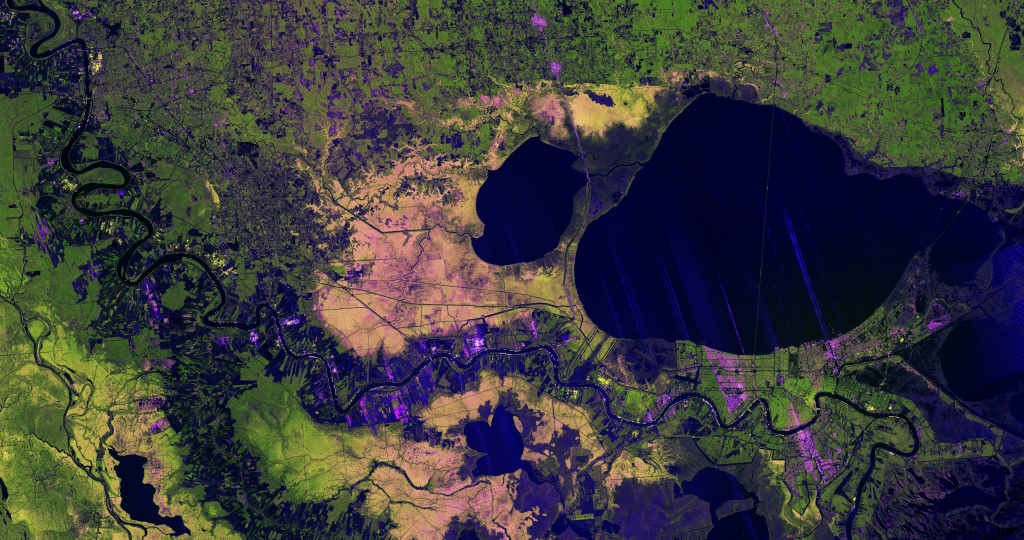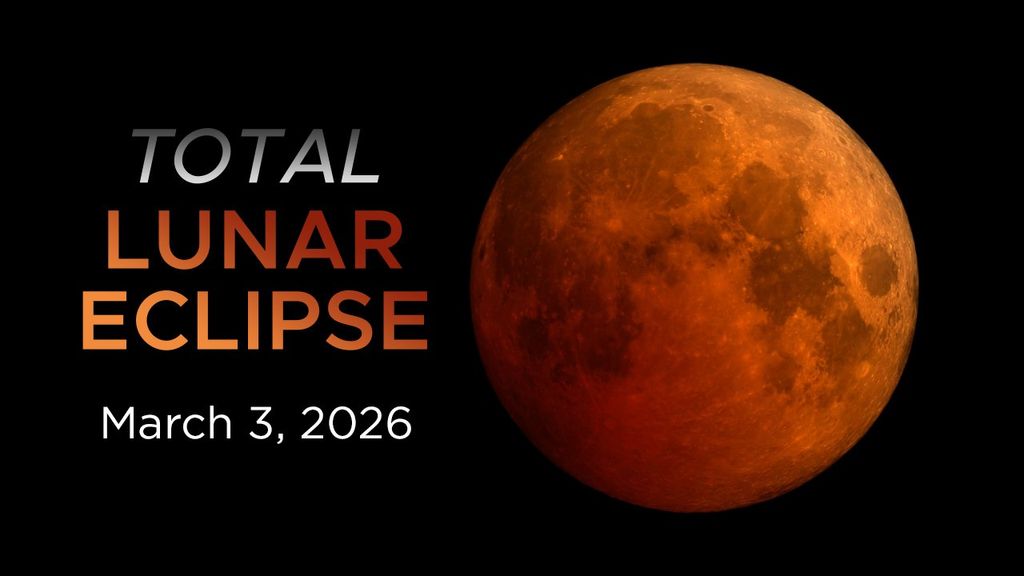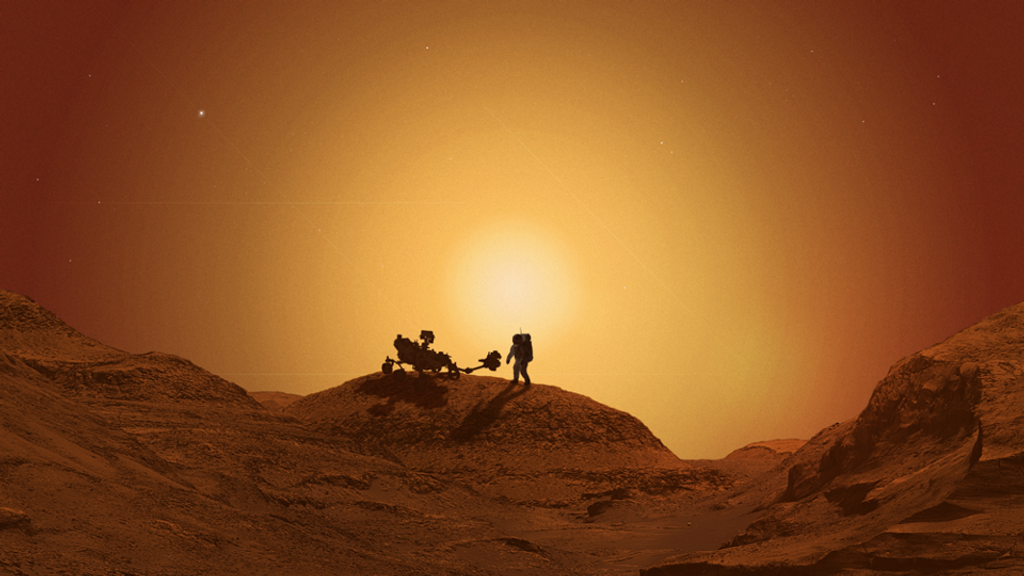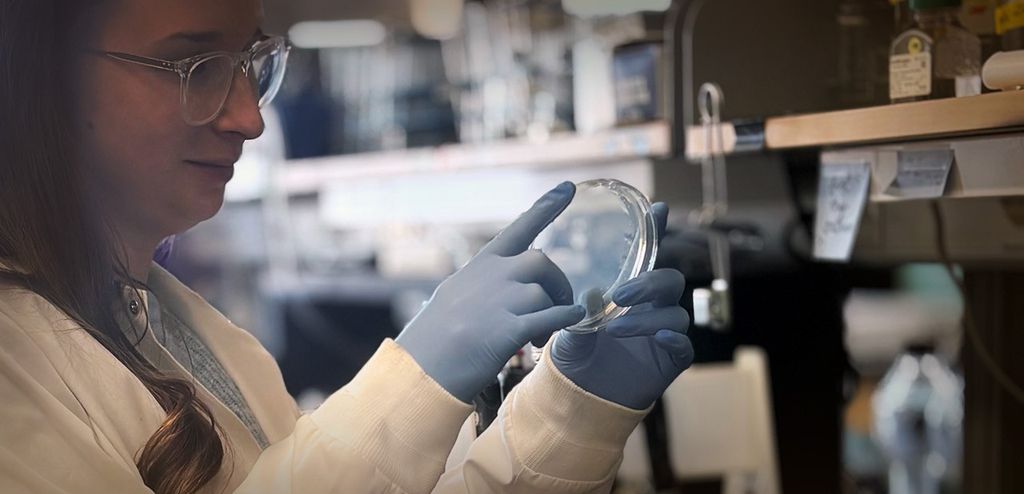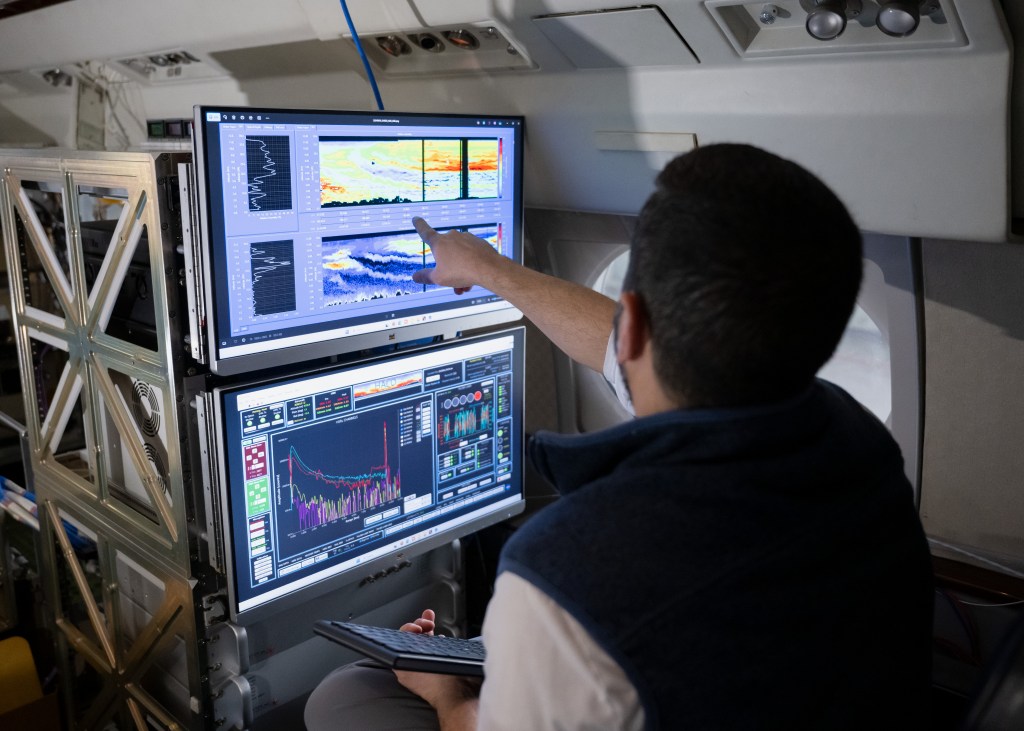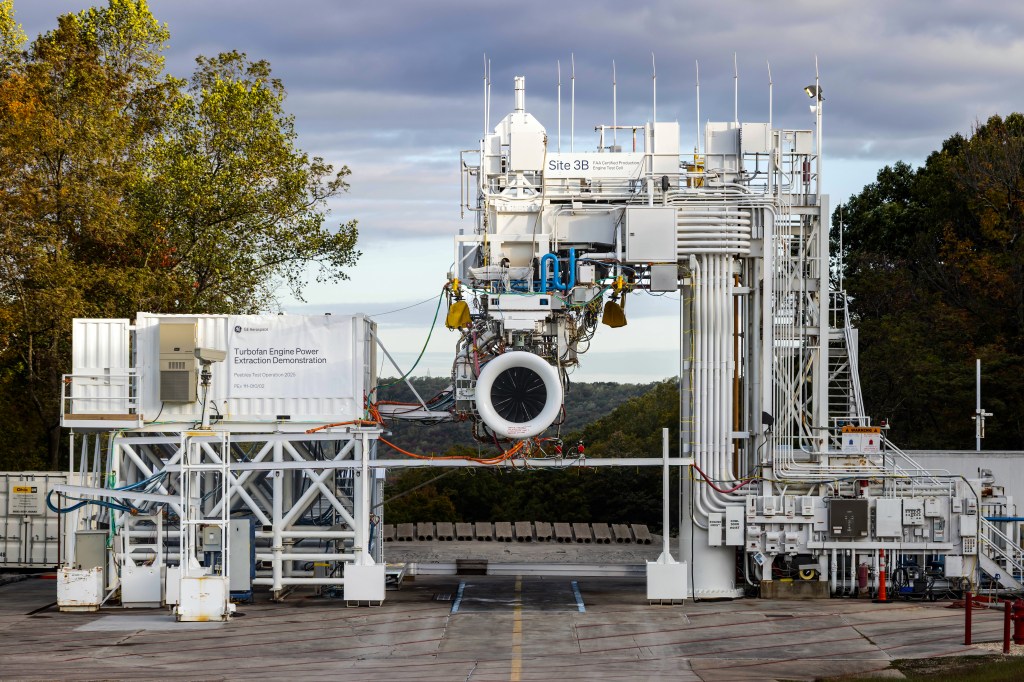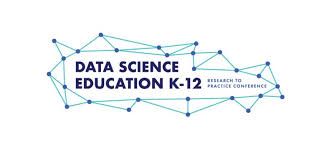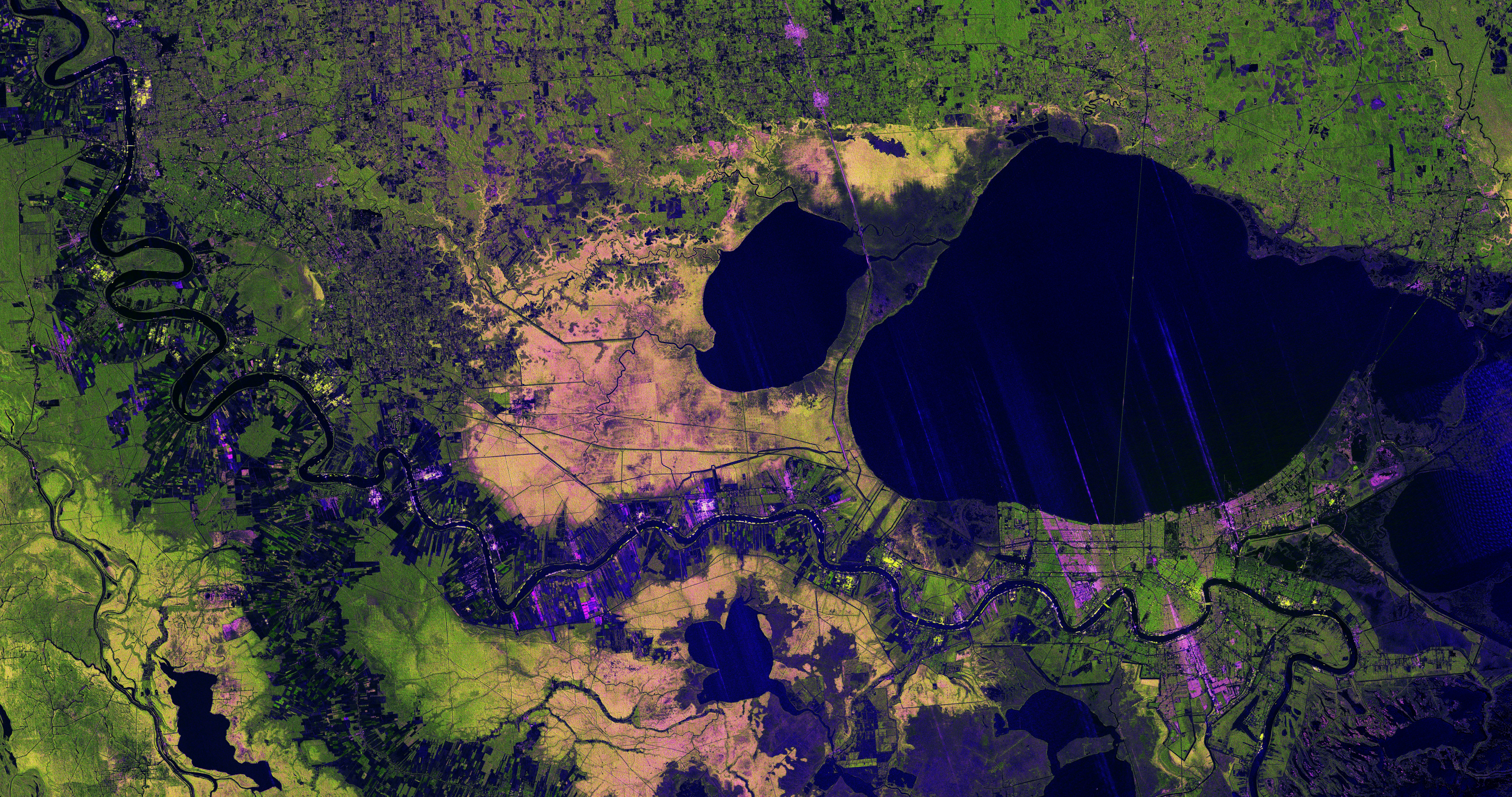Data – and our ability to understand and use it – shapes nearly every aspect of our world, from decisions in our lives to the skills we need in the workplace and more. All of us, as either producers or consumers of data, will experience how it can be used to problem-solve and think critically as we navigate the world around us. For that reason, Data Science has become an increasingly essential and growing field that combines the collection, organization, analysis, interpretation, and sharing of data in virtually every area of life. As more data become more openly available, our Data Science skills will be of increasing importance. And yet, there is a widening gap between what students learn in school and the skills they will need to succeed in a data-driven world. The integration of Data Science into K-12 education opens doors to higher education, high-paying careers, and empowering learners to eventually participate in the creation of new knowledge and understanding of our world, and at least 29 states have reported some level of data science implementation at the K-12 level, including standard or framework adoption, course piloting, and educator professional learning.
In February 2025, the first-ever Data Science Education K-12: Research to Practice Conference (DS4E) took place in San Antonio, TX. A number of representatives from NASA's Science Activation program and other NASA partners attended and presented along with over 250 educators, researchers, and school leaders from across the nation. Science Activation projects share a passion for helping people of all ages and backgrounds connect with NASA science experts, content, experiences, and learning resources, and the AEROKATS & ROVER Education Network (AREN); Place-Based Learning to Advance Connections, Education, and Stewardship (PLACES); Global Learning and Observations to Benefit the Environment (GLOBE) Mission Earth; and My NASA Data teams did just that. Their presentations at the conference included:
- “BYOD - Build or Bring Your Own Data: Developing K-12 Datasets” (PLACES)
- “Using NASA Data Resources as a Tool to Support Storytelling with Data in K-12 Education” (My NASA Data)
- “Place-Based Data Literacy: Real People, Real Places, Real Data” (AREN)
Conference participants expressed interest in learning more about NASA assets, including data and subject matter experts. Stemming from their participation in this first DS4E, several Science Activation teams are collaborating to potentially host regional events next year under the umbrella of this effort (PLACES in particular), a wonderful example of how Science Activation project teams help lead the charge in the advancement of key Science, Technology, Education, and Mathematics (STEM) fields, such as Data Science, to activate minds and promote a deeper understanding of our world and beyond.
Learn more about how Science Activation connects NASA science experts, real content, and experiences with community leaders to do science in ways that activate minds and promote deeper understanding of our world and beyond: https://science.nasa.gov/learn









